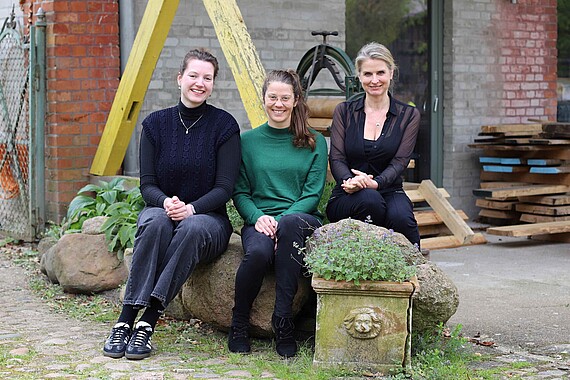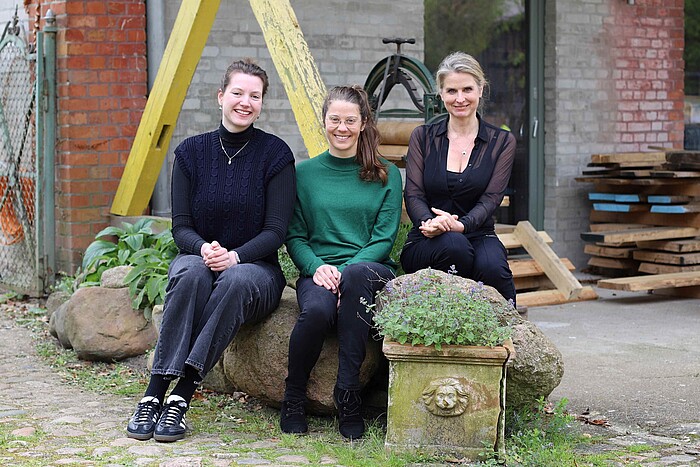The Competitive Positioning of Universities and their Members in an International Comparative Perspective: Germany, the UK, and the US



Summary
The project’s objective is to conduct an international comparative analysis of the institutional configurations of multiple competition within three science and higher education systems: Germany, the UK, and the US.
To achieve this, the project will employ a comparative, interview-based case study approach, supported by extensive literature reviews and the analysis of macro-level organizational data. Initially, during Phase 1 of the research, the project has focused on studying the competitive institutional configuration of multiple competition in the German science and higher education system. This research specifically examined how universities and their members position themselves competitively. In Germany, the driving force of the competition is third-party funding and prestigious research clusters, involving both universities and individual academics. Additionally, German states actively support and promote academic competition as they vie for political influence via these research clusters.
Building on these findings in the German context, the project will next investigate how competitive institutional configurations differ in the science and higher education systems of the UK and the US. Because of the distinct patterns in the competitive institutional configuration in the UK and the US, we anticipate discovering variations in how organizational and individual competition interact within these contexts. Although competitive research funding is crucial in various national systems, the methods for evaluating performance and assigning reputation differ between countries. In the UK, organizational reputation relies on publications and societal impact assessed through the Research Excellence Framework (REF). In the United States, universities mainly compete for resources and revenue through tuition fees and endowment funds.
| Project Period | 01.06.2024 - 31.05.2027 |
| Project Lead | Prof. Dr. Anna Kosmützky |
| Project Team Leibniz Universität Hannover | Marie Ahlers, B.A. |
Research Group Multiple Competition in the Higher Education System
The project is part of the DFG-funded research group "Multiple Competition in the Higher Education System." Within this group, researchers from sociology, economics, and business administration are working on nine subprojects at eight universities.
The research group aims to contribute to a comprehensive understanding of multiple competition in the higher education system using sociological and economic approaches. Multiple competition in the higher education system means that individual and collective actors are simultaneously involved in several nested and interdependent competitions. The interaction of the individual competitions creates a complex network of demands to which actors are exposed. Their uncoordinated competitive strategies are increasingly shaping higher education and scientific development, often with unintended consequences.
The interdisciplinary project aims to clarify how actors position themselves in competition, the dynamics of multiple competition in its various forms and at the various levels of the higher education system, and its subsequent effects. The individual subprojects each examine specific manifestations of multiple competition and the relationships between the underlying competitions. However, only the research group as a whole can paint a comprehensive picture of multiple competition in the higher education system by linking the results of the subprojects and providing overarching theory development. Given the widespread use of competitive control elements, the in-depth understanding of interdependent competitive dynamics developed in this way is of fundamental scientific importance beyond the specific research context for the analysis of other areas of society where no overarching evaluation and pricing system exists. Furthermore, relevant results for higher education policy and funding are expected.
